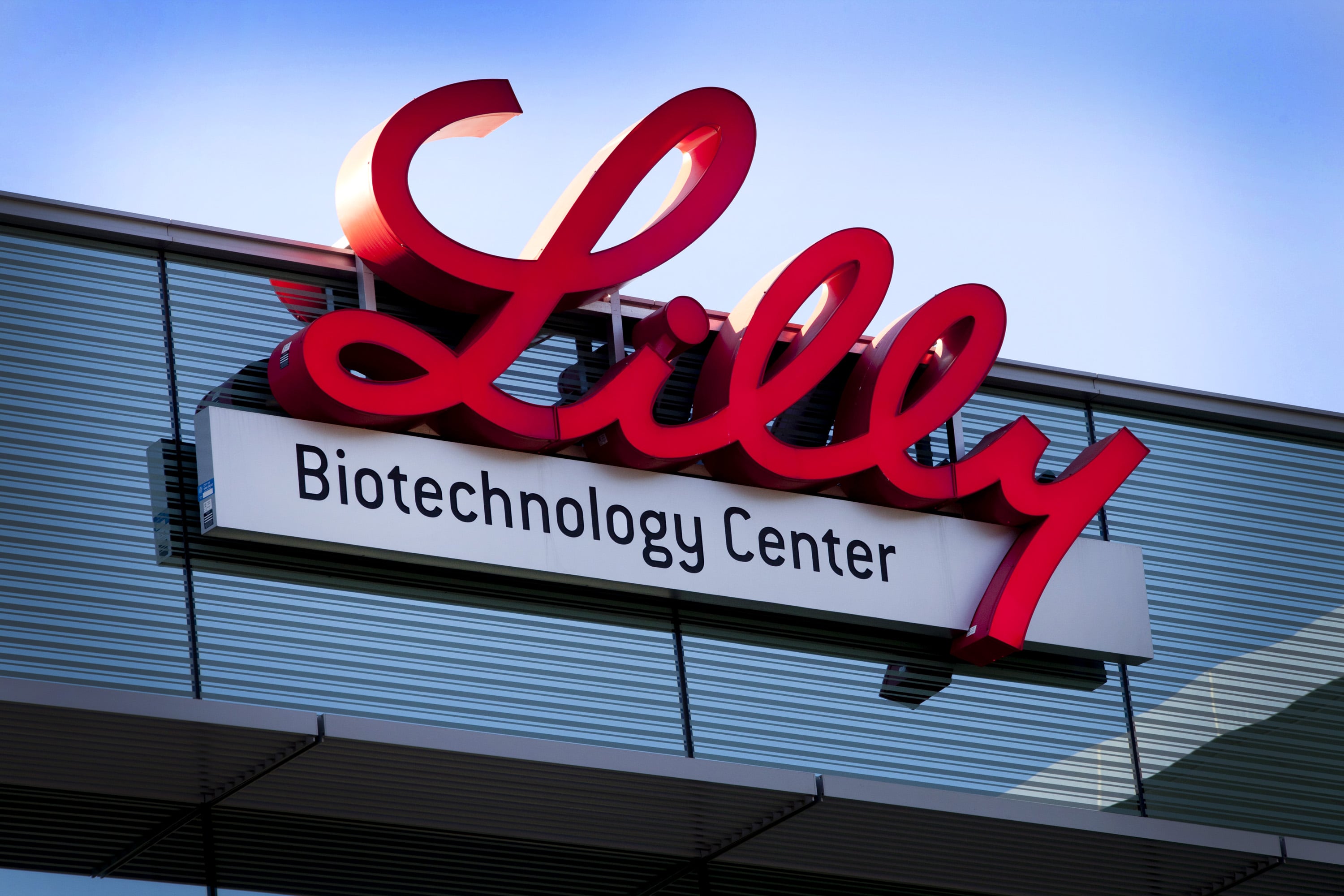The US government in coordination with Eli Lilly said it will no longer distribute the Covid-19 monoclonal antibody therapy bamlanivimab for use on its own. The halt is due to the "sustained increase" in coronavirus variants in the United States.
The government stopped distributing the treatment on Tuesday.
Last week, the US Food and Drug Administration updated guidance to say the therapy on its own may not work as well against variants. FDA Acting Commissioner Janet Woodcock had said that the US had stopped shipping bamlanivimab to Arizona, California and Nevada due to the variants, and the FDA asked the companies to assess their therapies against the variants.
Bamlanivimab can still be used with etesevimab, another monoclonal antibody treatment developed by Eli Lilly. In combination, the two Eli Lilly treatments seem to work against coronavirus variants.
Operation Warp Speed invested heavily in the treatment throughout its development, and in December, the US government spent $812.5 million to buy 650,000 additional doses of bamlanivimab. The government has sent out nearly 800,000 doses of bamlanivimab as of March 2. The updated guidance says that if health care providers want to use their existing supply of bamlanivimab, they can.
"We recognize the U.S. government has made the decision to no longer allow direct ordering of bamlanivimab alone due to concerns about the prevalence of the California (B.1.427/B.1.429) and New York (B.1.526) variants of SARS-CoV-2," Eli Lilly said in a statement Thursday; last week, the US Centers for Disease Control and Prevention said the California strains are official "variants of concern," as they may be more transmissible and Covid-19 treatments may be less effective against them.
Lilly is currently working with Amgen to scale up the manufacturing of etesevimab.

 The move comes after the detection of different Covid variants
The move comes after the detection of different Covid variants 










.jpeg)






.jpg)




.jpg)





.jpeg)
